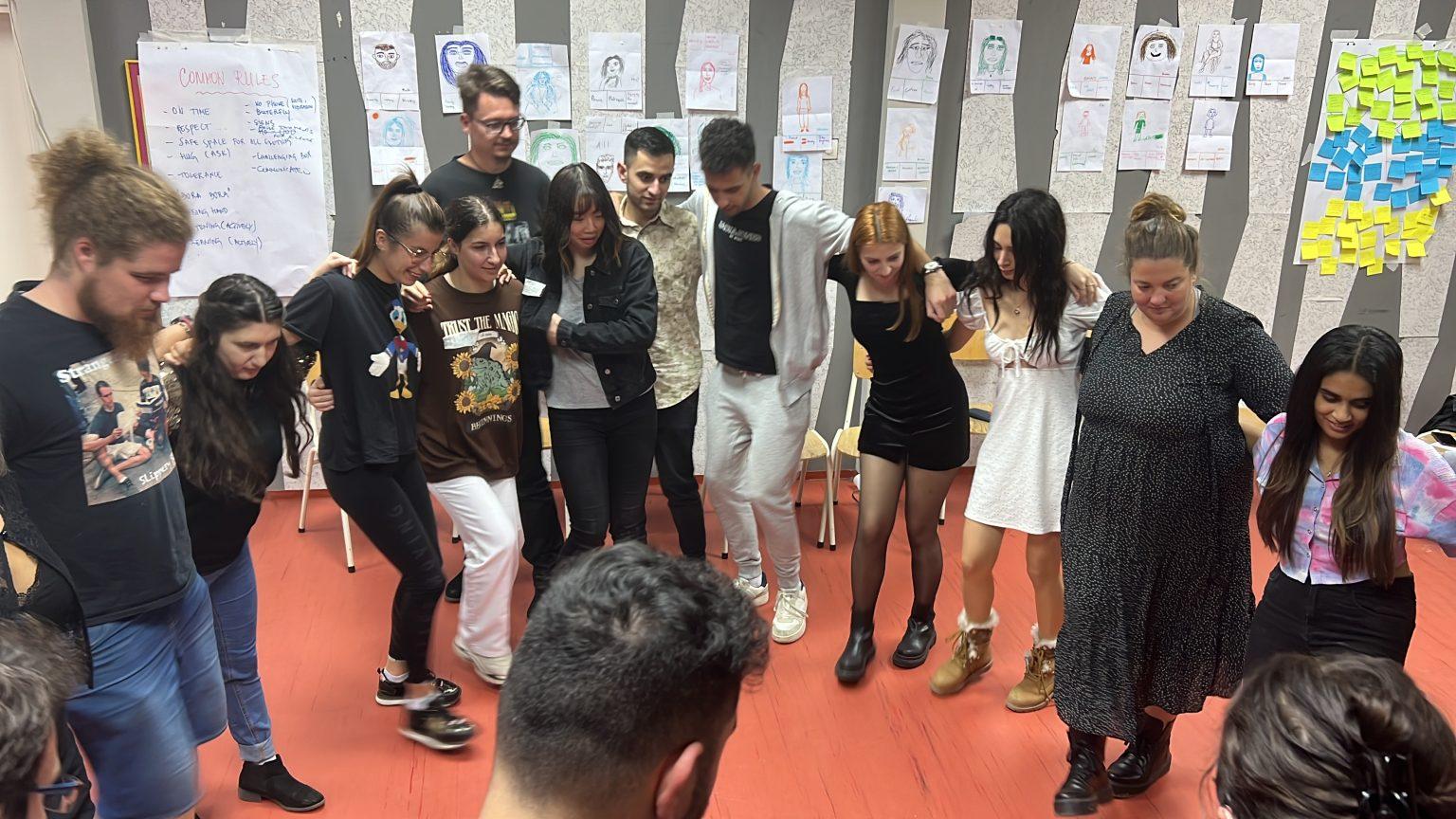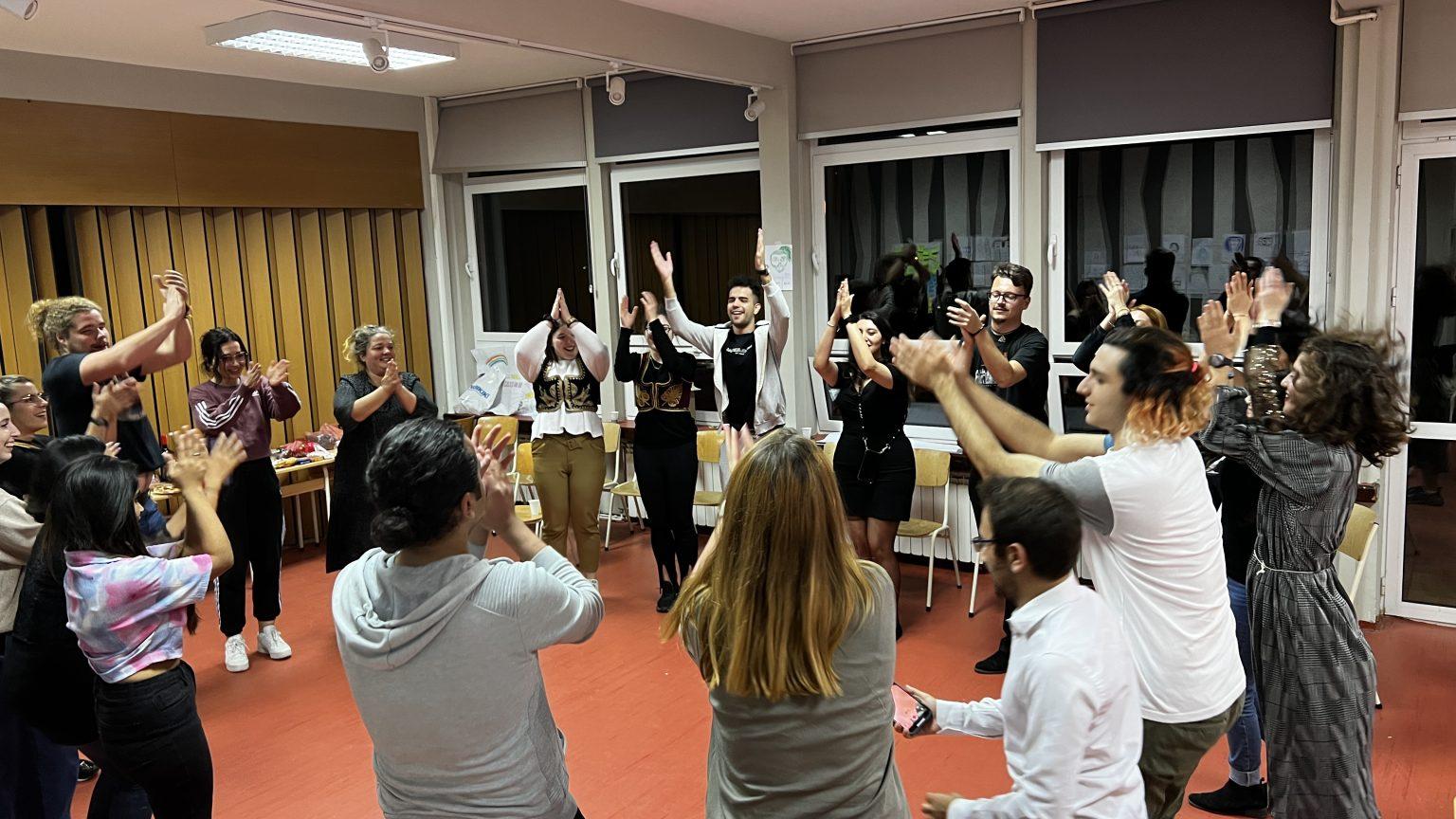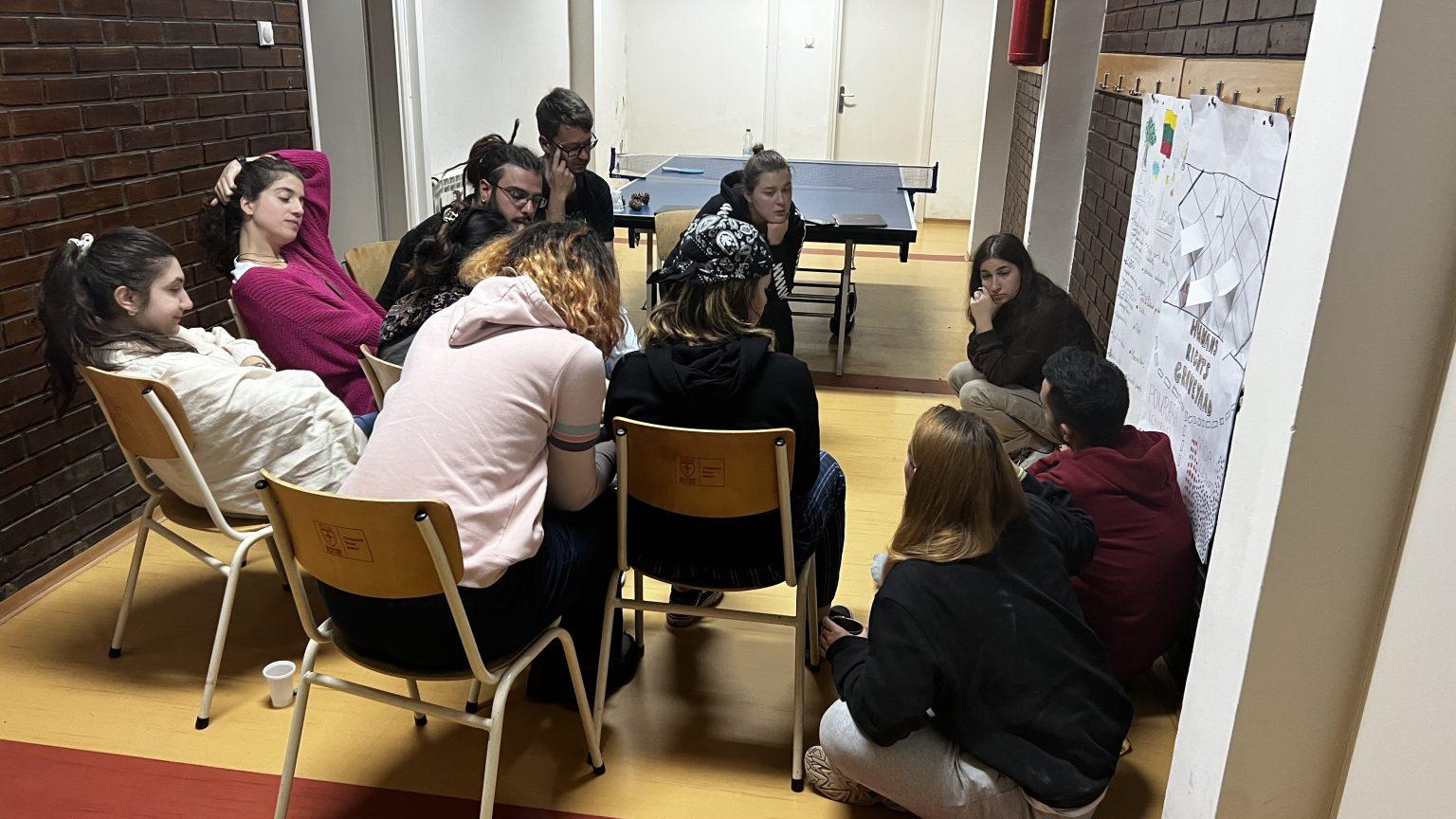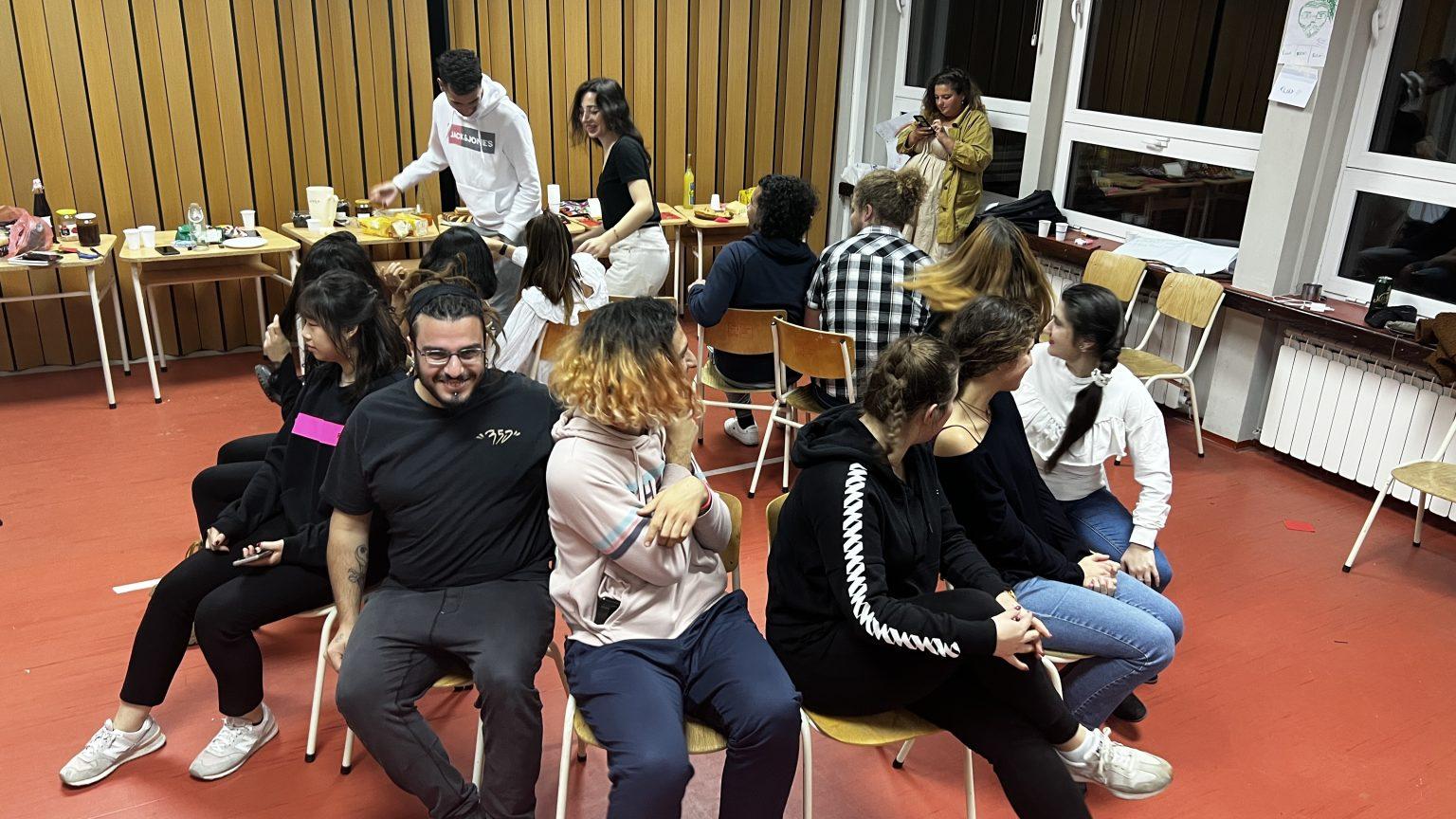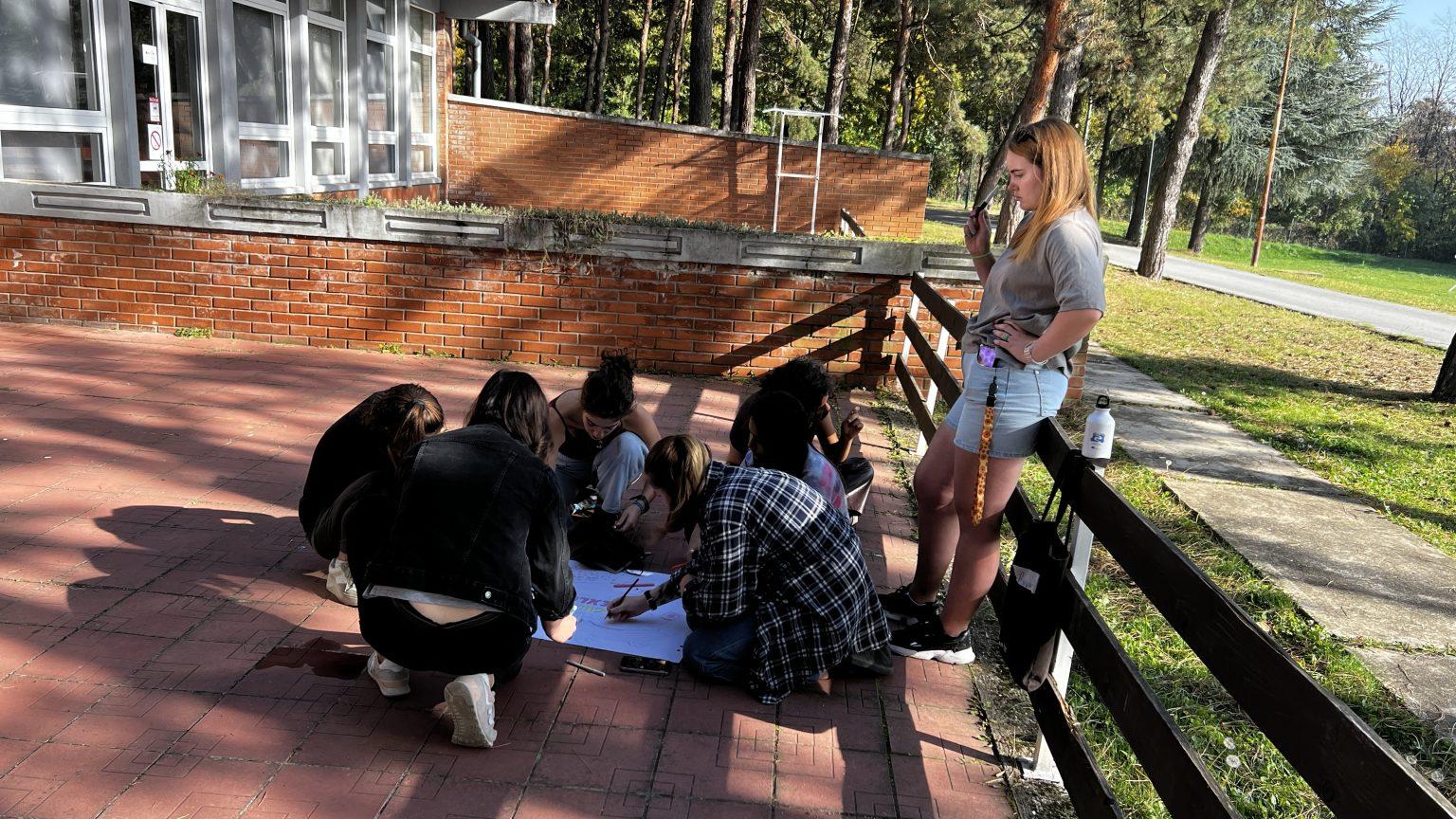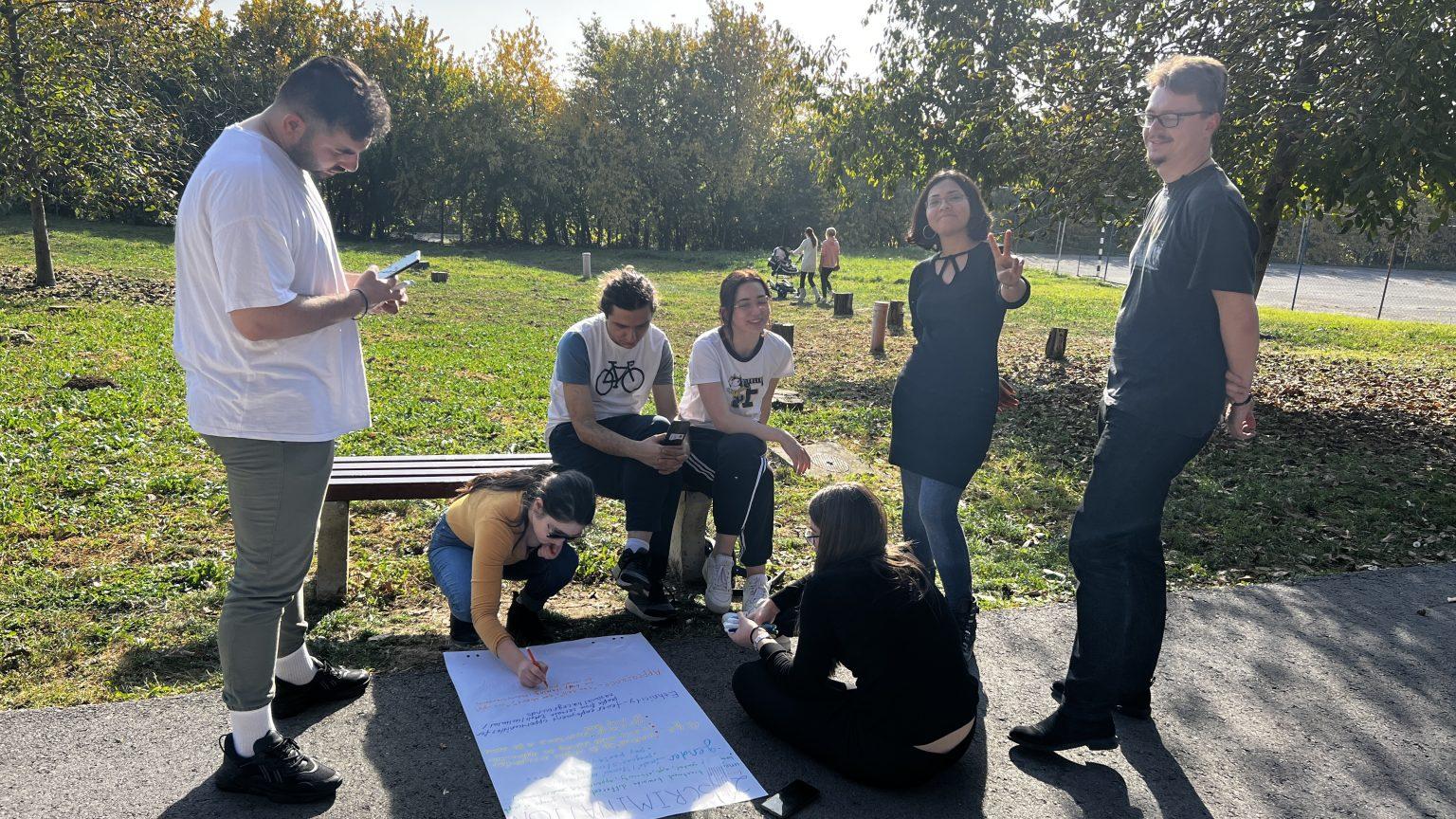Project Reference
2021-2-DE04-KA152-YOU-000040363
Topics
Inclusion of Marginalised Young People
Action Type
Mobility of Young People
Countries Covered
Germany, Croatia, Türkiye, Cyprus, Serbia, Portugal, Italy, Lithuania
Summary
This project addresses the phenomenon of social exclusion through the creative medium of filmmaking. Young participants created short films reflecting their personal perspectives on issues such as poverty, homelessness, disability, ethnic minority status, low literacy, unemployment, family circumstances, and addiction. The films aim to raise awareness among the general public, policy makers, and European institutions about the realities of exclusion while encouraging every individual who watches or hears about the project to take action.
Objectives
The project’s goals are fully aligned with the Erasmus+ Programme priorities:
-
Increase public understanding of poverty, marginalization, and social exclusion through short creative films.
-
Use innovative tools and media as new arenas in the fight against exclusion.
-
Provide young people with a platform to express their voices and share their perspectives.
-
Promote filmmaking as a tool for active youth participation.
-
Empower and motivate young people to use film and digital media for communication.
-
Produce a film that showcases inclusion as mutual enrichment and promotes inclusive youth-led activities.
Activities
The youth exchange “Movie Making for Social Inclusion: Film as a Universal Language” was held from 6–15 May in Avala, Serbia, bringing together 40 young participants and 8 group leaders from Germany, Serbia, Croatia, Cyprus, Italy, Lithuania, Portugal, and Türkiye.
The project was coordinated by EU Aktivisten e. V. (Germany) with European Youth Organizations (EOM) as the host organization.
Participants represented diverse socio-economic, cultural, and geographical backgrounds, with equal opportunities provided to all. While some had prior experience in film or social inclusion topics, knowledge-sharing and skills development occurred continuously—not only in workshops and plenary sessions, but also during informal interactions.
The group leaders and participants were expected to be motivated, open to exploring social inclusion and exclusion, and committed to multiplying the experience in their home contexts. Follow-up activities were encouraged to ensure the impact continued beyond the exchange itself.
Impact
The project placed strong emphasis on building relationships and fostering intercultural dialogue. Young participants learned to overcome social, economic, cultural, and linguistic differences, developing tolerance and mutual respect. These connections were designed to last beyond the exchange, inspiring long-term cooperation and friendship.
Key outcomes included:
-
Increased self-esteem and confidence among participants.
-
Greater awareness of social exclusion in different cultural contexts.
-
Development of peaceful and tolerant attitudes towards excluded groups, rooted in respect for human rights.
-
Strengthened creativity, motivation, and the ability to set and follow personal goals.
-
Improved skills in teamwork, collaboration, and conflict resolution.
-
Experience in both individual and group work in challenging situations.
By the end of the exchange, participants recognized themselves as creative young Europeans capable of driving positive change in their communities and contributing to a more inclusive society.
-
Budget

-
Project Dates
30 Oct – 8 Nov 2022
